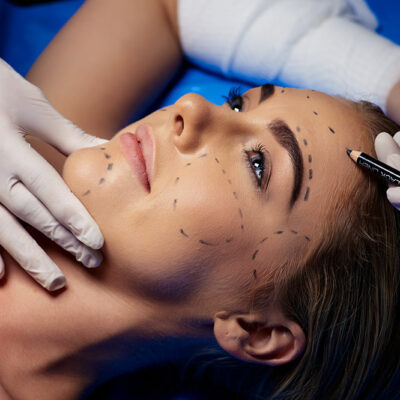
Different Types and Symptoms of Multiple Sclerosis
Multiple Sclerosis (MS) is an autoimmune inflammatory disease, and the symptoms affect the central nervous system. The condition is caused by the demyelination of the nerves in the brain and spinal cord. There are different types of this condition with varying intensity of the symptoms. This article lists the different types of MS.
1. Clinically Isolated Syndrome (CIS)
A single episode of neurological symptoms that cannot be linked to an infection, fever, or any other illness could result from demyelination or inflammation in the central nervous system. This episode could last for 24 hours or more, and it can cause a person to experience one or multiple symptoms. An episode with a single symptom is known as a monofocal episode, and one with several symptoms is called a multifocal episode. Individuals with CIS may or may not experience another episode, so not all who experience it develop MS.
2. Relapsing Remitting Multiple Sclerosis (RRMS)
Among the different types of MS, RRMS is the most commonly diagnosed one. Most people with MS are diagnosed with this form of the condition, and it typically begins when one is in their 20s or 30s. RRMS is characterized by attacks or flare-ups of the symptoms, which are known as relapses. These are followed by weeks, months, or years of recovery, which are known as periods of remission. The nerves affected, the severity of the symptoms, the extent of recovery during the remission periods, and the duration between subsequent relapses vary from one person to another. This type of MS usually progresses to a secondary progressive phase.
3. Secondary Progressive Multiple Sclerosis (SPMS)
In most people with RRMS, the condition progress to this form after a few years. SPMS is characterized by steady symptoms without remission or relapses, and it causes neurological function to worsen over time. It could take up to 10 years for RRMS to progress to SPMS. Although it is unclear why RRMS progresses to this type, a few factors have been associated with the progression. If an individual doesn’t fully recover from the symptoms during remission, they move to this phase sooner than those who do recover. Additionally, the older a person is when they’re diagnosed with MS, the faster is the progression to this type.
4. Primary Progressive Multiple Sclerosis (PPMS)
PPMS progresses over time, causing neurological function to worsen. The symptoms do not worsen or subside, and there are no periods of remission in people with this type of MS. A major difference seen in people with this type of MS is that they tend to develop more lesions in the spinal cord than in the brain. PPMS patients may also require more assistance with their daily activities as compared to people with other types of MS.


